Now, more than ever, there is a need to monitor multipolarity. It is through the lens of the rise of multipolarity and the decline of unipolarity that we should interpret major global events.
Take, for instance, the diplomatic scandal between Canada and India due to the killing of a Sikh in Canada. India is gradually asserting its sovereignty more prominently.
US presidential candidate Vivek Ramaswamy, with his staunchly paleo-conservative and anti-globalist agenda (akin to Trump’s) is another symptom. Yes, Rishi Sunak is a globalist and Atlanticist Hindu, and such individuals exist. But previously, they were the only ones. Now, a different India is making its presence felt.
By the way, ‘India’ is no more. This colonial name has been replaced with its anti-colonial, ancient, and sovereign title: Bharat.
Increasingly, Hindus are viewing Narendra Modi as an avatar. The avatar-like dimension of a ruler represents the divine foundation of profound sovereignty.
Robert Fico’s election victory in Slovakia is another bright example of the multipolar wave. His refusal to support Kiev’s Nazis, the most fervent accomplices of globalism, is also symptomatic.
Turning to the United States itself, the government shutdown, as explained by Dmitry Simes, will not entirely stop support for Ukrainian terrorists but will heighten volatility in the US, the heart of the unipolar system. It is slightly, yet sufficiently, multipolar.
The more issues unipolarity faces, the better it is for multipolarity. They operate like communicating vessels – if one increases, the other decreases.
Russia holds the line, which is crucial for the multipolar wave, possibly more critical than anything else. After all, it was Russia that first engaged in direct military conflict with the entrenched unipolar globalist system, which the Biden administration and the guiding neocons are desperately trying to save. This is increasingly understood globally, especially by BRICS countries and Arab nations.
In West Africa, on the Manden plateau, the pre-colonial Mali Empire is being revived. Mali itself, Burkina Faso, Niger, and Guinea are forming an anti-colonial bloc, the core of pan-African resistance to globalism. Ethiopia, the only African country that never lost its independence, joining BRICS is another symbolic moment of the multipolar wave.
All these pieces gradually form the mosaic of a new world order.
Elon Musk’s escapades on Twitter, now X (like the portal for Polish anti-globalists and Eurasianists) and owned by Musk himself, are also symptomatic. On the X network, my account, previously annihilated by the liberal-Nazi unipolar leadership, was reinstated after Musk discarded the previous management. X has been accused of becoming a ‘mouthpiece for Russian propaganda and misinformation’ after removing globalist censorship. Today, any form of free speech is deemed ‘Russian propaganda’. The savagery of the agonising globalist elite, desperately trying to preserve their fraying hegemony, is becoming increasingly evident even in the West. Perhaps this US administration will go down in history as the last attempt to maintain a unipolar world.
News agencies, citing an anonymous European official who gave an interview to Politico, report that EU countries will no longer supply weapons from their own stockpiles to Kiev due to security threats within Europe itself. Perhaps this is how the EU is preparing for a war with Russia. On the other hand, it might be shifting towards de-escalation.
Another observation: there seems to be a centre of resistance within Russia itself, at the very top, that opposes the Special Military Operation (SMO), rejects the multipolar wave, and wishes to return to the status quo. These might not be direct agents of influence but individuals genuinely aligned with the principles and values of liberal globalism. Their presence is felt everywhere. Essentially, an invisible SMO is unfolding within Russia, where the opposition resists as fiercely as the Kiev regime in Ukraine and even occasionally attempts counter-offensives. This manifests as manipulated polls claiming only a minority supports victory, sabotaging societal mobilisation, bypassing the SMO with silence, fuelling social destabilisation through an unchecked immigration policy, or pursuing an economic and financial strategy that undermines our strength from within. Identifying the core of this hostile force, its command centre and key operatives, is challenging. However, without this identification, our path to victory could be difficult.
Russia needs to brace itself for a major push. A purge of its own ranks is inevitable.
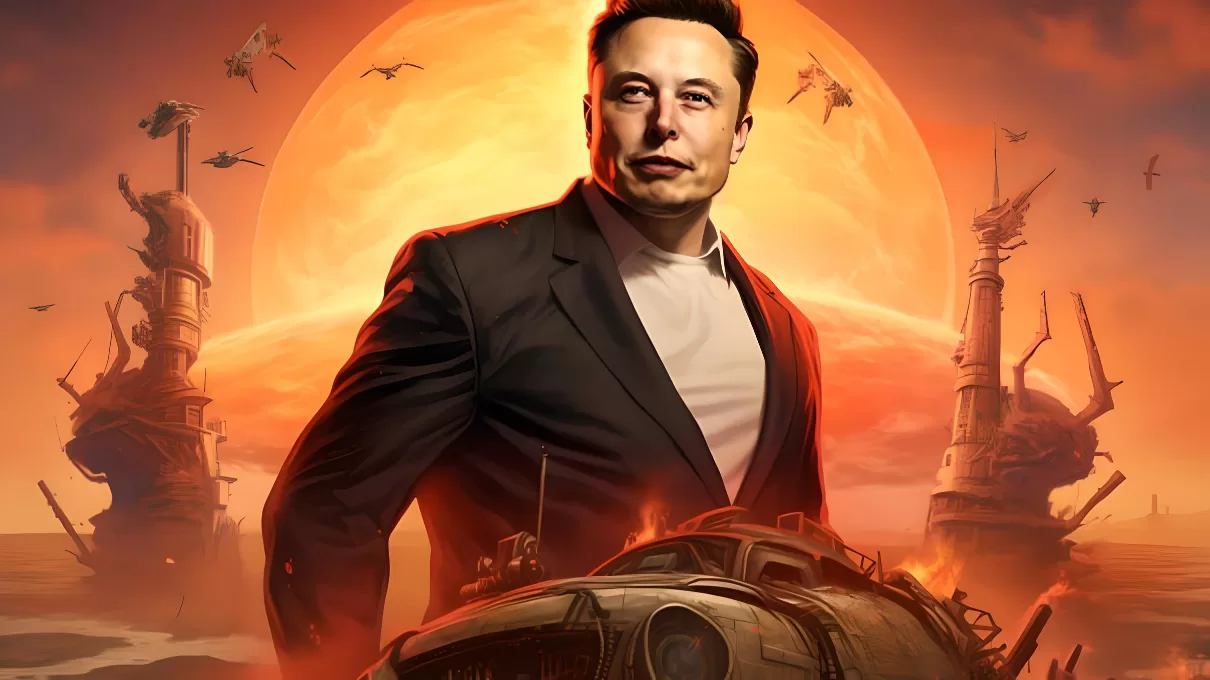



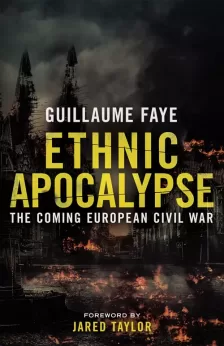
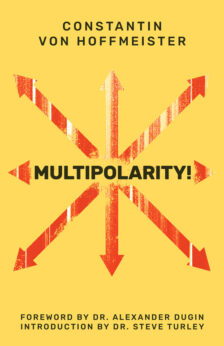

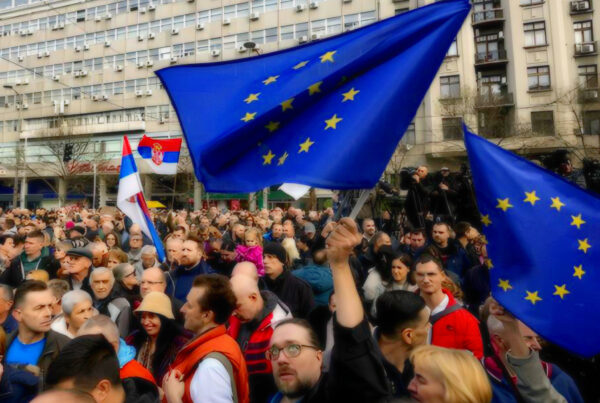
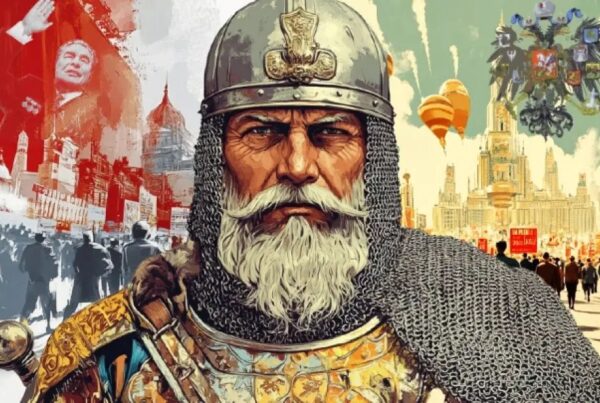
Excellent!